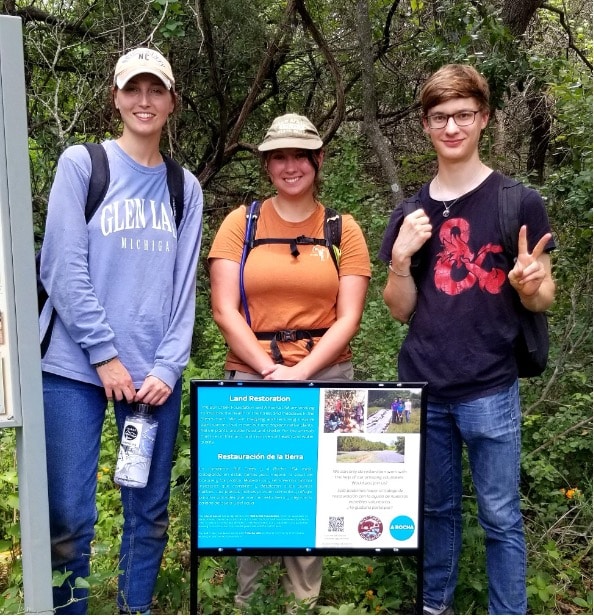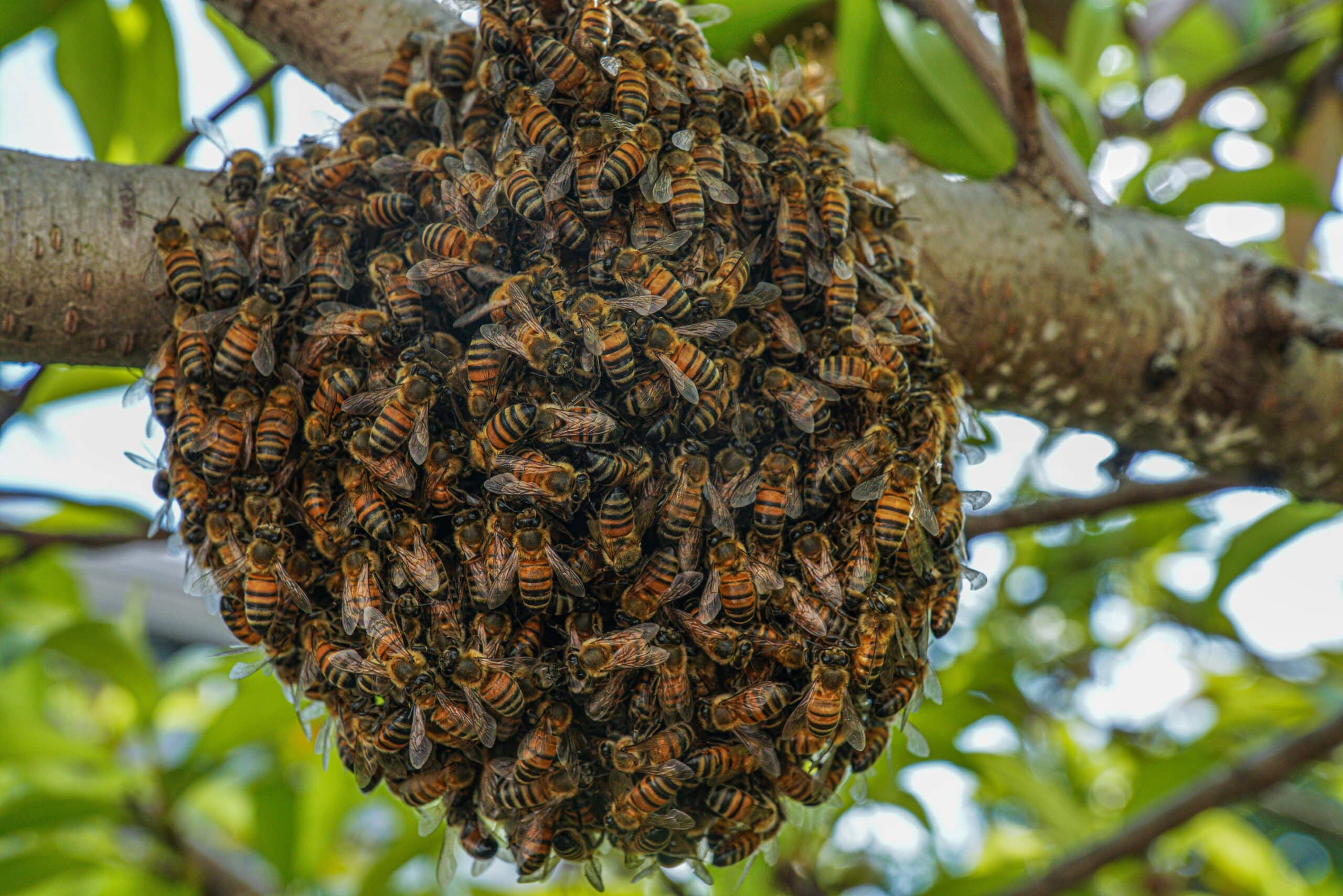#ConservationOptimism
Recently a couple of us from A Rocha International attended the Conservation Optimism summit in London, one of a number of events around the world focusing on #EarthOptimism, #OceanOptimism and #ConservationOptimism. I went with an open mind, but concerned that this was simply an exercise in papering over the cracks, clinging onto small conservation successes against an overwhelming tide of despair. After all, what room is there for optimism when 58% of the world’s wildlife has disappeared within my lifetime? [1]

I was reminded of a conversation last month with a couple who’d heard me speak on the ‘Hope for the Planet’ tour back in 2005. That tour had inspired them into eco-activism and they’d radically changed their lifestyle, started an environmental project, got involved with A Rocha, and campaigned on climate change. Now, with political backpedaling on both sides of the Atlantic and a daily drip-feed of disastrous news, their reservoir of hope had run dry and they felt like giving up. They weren’t naïve. They were a mature couple who’d been in Christian leadership for many years.
Reflecting on these two experiences, I’ve been asking myself about hope, optimism and what gives us the ability to keep going even when things are bleak. A few thoughts … and please share your own:
Good news breeds optimism… bad news sinks hearts. Psychologists are clear that we need positive stories to inspire us. If we simply list all the terrible things that are happening to nature, we make people feel terrible. There are genuinely positive stories: key species and habitats are recovering due to long-term, carefully-targeted, scientifically-informed, community-involved conservation work. China is taking the lead on green technologies. Business and investors are leading the move to divest from fossil fuels and see opportunities in new technologies and renewable energy sources. Christians around the world are grasping that the Gospel must be good news for God’s earth. I left the Conservation Optimism conference genuinely encouraged by the stories I heard and even more by the people I met, particularly young committed conservation scientists from across the world.
Optimism alone is not enough. Nor is ‘proximate hope’ – the belief that in the immediate future things can only get better, that humans are basically good, that all we need is more science, more education, more clever technology, and nature will heal herself. Blind optimism and false hope will always be shattered by the harsh realities of setbacks and loss.
Biblical hope offers an alternative to optimism and putting our hope in short-term results:
- It is fundamentally relational, drawing its strength from depth of relationship rather than the instability of achievements. That’s why it’s so hard to sustain without a community of others who share a similar vision.
- It doesn’t depend on our own activism, but it invites us to join in and play our part with God’s renewing work, and with others who share a similar vision.
- It always seems to be incarnated in the local, the long-term, in patient commitment to unpopular causes, places and people.
- It is always ‘both-and’ rather than ‘either-or’, because it has an integrated vision of God’s purpose for all creation. So solutions that favour one group, or people over wildlife, or short-term versus long-term, or profit over planet, or global over local … or vice versa … are never enough.
- It depends on long-term vision, not on short-term results. It therefore expects failure and disappointment along the way. Like faith, it depends on something that can’t be seen (Hebrews 11:1), namely God’s faithfulness to his promises, his people, his world. It’s what allows us, in Wendell Berry’s wonderful line, to “be joyful, though you have considered all the facts.” [2] Biblical hope is not always optimistic, because it allows space for lament and grief for all that is lost, yet it always perseveres because it knows that hope follows judgment as day follows night; that Good Friday is followed by Easter Sunday.
[1] See WWF’s Living Planet Report 2016.
[2] From ‘The Mad Farmer Liberation Front’ in W. Berry, The Mad Farmer Poems, Counterpoint, 2014
We are happy for our blogs to be used by third parties on condition that the author is cited and A Rocha International, arocha.org, is credited as the original source. We would be grateful if you could let us know if you have used our material, by emailing [email protected].



